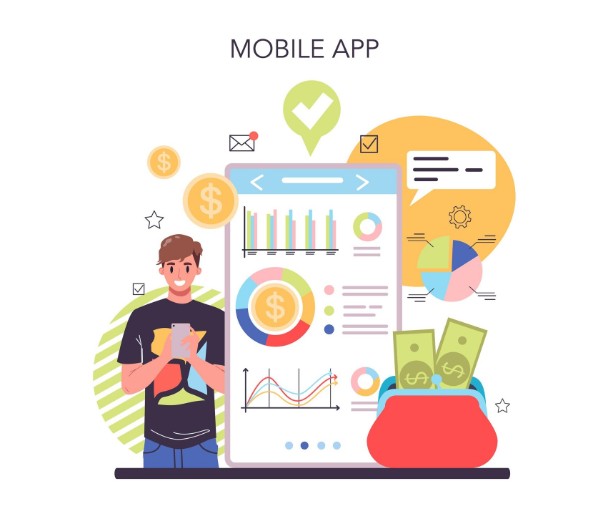In the present digital-first world, launching a mobile app is no longer a nice to have for businesses. Yes, it is turning out to be imperative. When evaluating the return on investment of their mobile apps, many businesses count on a wide range of metrics. Most importantly, they consider the number of downloads. But, the thing to remember here is that beyond the initial installation, the real value of a mobile app lies in its usage stats.
Do you intend to measure the return on investment on your mobile apps? If so, you should consider a broader perspective that encompasses, brand impact, revenue, retention, and engagement.
What Really Matters Beyond Downloads?
Indeed, getting millions and even thousands of downloads for your mobile apps can feel like a success. It is a symbol that your mobile app is getting noticed. But remember that just because a person has downloaded a mobile app, it does not mean that he uses it. Studies show that many users abandon some mobile apps within the initial few days. They do this if they do not find immediate value. This is why the real ROI of a mobile app relies on what happens after the download:
User Engagement
This is an important metric that showcases how often users communicate with your mobile app. Let us consider that your mobile app has higher engagement. It is an indication that they are finding value in your mobile app. In turn, the chances of monetization and retention will improve. Metrics like frequency of use, session length and daily active users can help you evaluate whether your app is turning out to be an integral part of the daily lives of users.
Retention Rates
A downloaded mobile app that is never opened again adds no value. So, you should monitor retention. You can understand it by evaluating how many users continue to use your mobile app after a month, week or day. Let us consider that your mobile app has a high retention rate. If so, it is an indication that your app delivers a good user experience consistently. Also, it denotes that the app meets the real needs of users. Applications with robust onboarding experiences and useful push notifications generally perform well in retention rates.
In-App Revenue and Conversions
Check whether your app generates revenue through subscriptions and in-app purchases. These financial metrics directly affect the return on investment. Also, keeping track of the journey of users that contribute to conversions like form completions, bookings and product purchases helps attribute revenue to the performance of your mobile app.
Customer Lifetime Value
Shortly called CLV, apps can get this value by providing direct communication and customized experiences. Mobile apps that make the customer journey simple can achieve better brand loyalty. In turn, the brand will achieve repeat purchases and better long-term revenue from every user.
In short, the success of a mobile app cannot be evaluated just by the number of downloads. It relies on the factors mentioned above and other factors like operational efficiency, brand advocacy, and loyalty.
